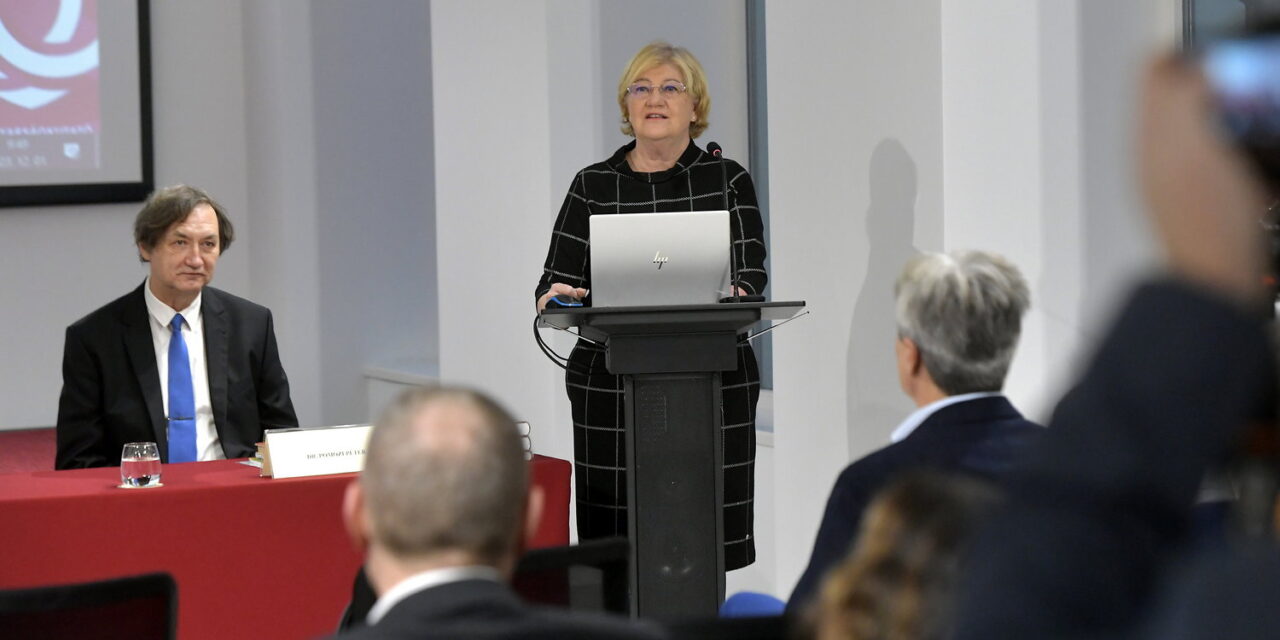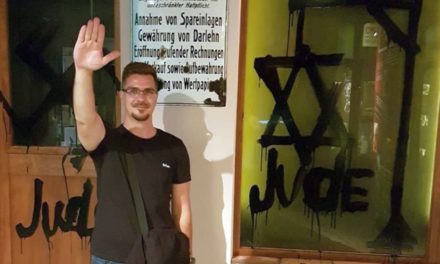Our most important identity-forming element is the Hungarian language - said Katalin Szili, Chief Advisor to the Prime Minister of the Hungarian Language History Research Center of the Hungarian Research Institute IV. At the opening of the Hungarian Dialects Day – Dialect Changes and Community Identity Forms conference on Friday.
Katalin Szili, the chief patron of the conference, emphasized: our responsibility lies in how we can maintain the diversity within the Hungarian language. "It is important for us to preserve what is our own treasure in the 21st century," he added.
Quoting Sándor Kányádi, the prime minister's chief adviser emphasized: "our only country is the Hungarian language", which is clearly shown by the fact that, for example, the Hungarian language is the most important element in preserving the Hungarianness of the overseas diaspora, he said.
The celebration of the Hungarian dialects on December 1 also has a symbolic message, as the Gyulafehérvár Declaration announcing the unification of Romania and Transylvania was born on December 1, 1918.
- reminded Katalin Szili.
As he said, we need to show what we have added to the diverse cultures of the neighboring countries, while we Hungarians also recognize our own nationalities and their identity and culture as state-creating factors.
Miklós Kásler, the director general of the Hungarian Research Institute, highlighted: regional languages show the richness of the Hungarian language, are extremely important in the development of the Hungarian language and are one of the most important pillars of national identity.
The idea of the conference promotes the coexistence and reconciliation of the peoples of the Carpathian Basin, and the remedying of historical and cultural grievances in the period when many ideas that aim to divide people and nations are gaining ground, said the director general.
"Dialects show the continuity of Hungarian traditions and culture"
Miklós Kásler said.
The Association of Mother-Language Nurses believes that speaking in the native language is a value that colors the mother-tongue culture - stated Judit Juhász, the president of the association, adding that the Hungarian language in minority communities in its completeness, diversity and unity, geographical and social extent, is natural and must remain in free use.
Péter Pomozi, director of the Hungarian Linguistic History Research Center of the Institute of Hungarian Linguistics, emphasized that dialects are not only important linguistic historical sources, but also folklore sources of outstanding significance.
"There are many areas of the Carpathian Basin and Hungarians in the diaspora, where the dialect identity can even be an exclusive Hungarian identity, and if this identity is lost, the national identity is also lost"
Péter Pomázi emphasized.
According to the written summary sent by the organizers of Friday's conference, now held for the fourth time, the most outstanding scientists from the Carpathian Basin will give lectures during the event. Related to the main theme of the conference – dialect changes and forms of community identity – the lectures will present, among other things, the latest dialect digital and non-digital corpora, regional language professional and methodological publications, as well as dialect fiction and lexicographic initiatives.
MTI
Front page image: Katalin Szili, Chief Advisor to the Prime Minister, the main patron of the conference, gives a speech at the IV. Hungarian Dialects Day - Dialect Variations and Forms of Community Identity scientific conference at the Hungarian Research Institute on December 1, 2023. At the table is Péter Pomozi, director of the Hungarian Language History Research Center of the Hungarian Research Institute. MTI/Lajos Soós












